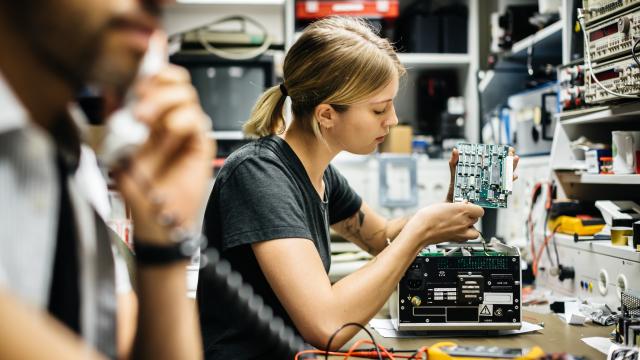Buying a phone or smart device these days means accepting that you will need to replace it sooner rather than later. New features entice users to buy new devices, whereas old devices stop being supported and, in some cases, are difficult to maintain in the medium to long term. There is, however, a push to ensure that manufacturers should accommodate a ‘right to repair’ for Australian consumers.
Late last year, Australia’s Productivity Commission called for submissions about regulating a right to repair for goods ranging from smartphones to cars.
“In recent years, concerns have been raised around the world that repairs of consumer products are becoming more difficult (sometimes impossible), and that this is resulting in costly and wasteful outcomes for both consumers and broader society,” the Commission’s issues paper says.
The inquiry, which was requested by Treasurer Josh Frydenberg, will present a final report to the government about the impact of a right to repair law by October this year.
Here are some of the most interesting ideas brought up in the responses:
Right to repair shouldn’t be limited to consumer items
The Australian Computer Society (ACS) believes that while much of the conversation around right to repair revolves around consumer technology, other industrial and ‘Smartcity technologies’ need to be included as well.
“Often, the need to maintain devices and services in civic applications such as CCTV, parking systems, and infrastructure monitoring over decades may outlast the vendors that supplied the products,” the submission said.
ACS calls on the Productivity Commission to broaden the scope to include restricting access to embedded software and cloud-based services as well.
Expanding right to repair to include software as well as hardware
Electronics Frontiers Australia argues that manufacturers using digital rights management (DRM) software to stop people from repairing their physical items is “perverse”, as first reported by ZDNet.
The submission argues that manufacturers should be expected to keep software up to date as long as the physical product is expected to last. Otherwise, the manufacturer should open it up to other parties to provide software updates to ensure it can close any vulnerabilities or address any issues.
Console games do not need the same protections as other consumer products
Australia’s peak video game body the Interactive Games & Entertainment Association pushed back against the need for an overhaul of consumer rights when it comes to console gaming.
“We do not consider there to be evidence in our sector for any of the right to repair policies raised for discussion in the Issues Paper, and in contrast believe that there are compelling cases against considering them,” the submission said.
The submission makes the case by claiming that consoles are produced near or even below cost, levels of piracy and the availability of “accessible, thorough and cost-effective repair and/or replacement services” existing already.
